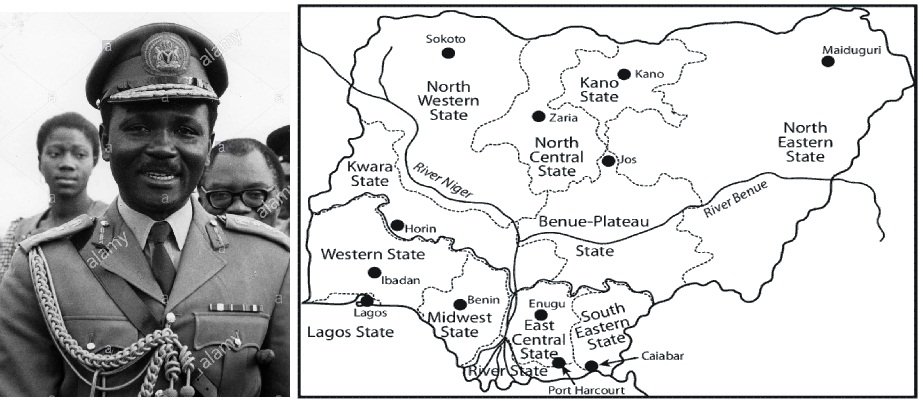Whose Picture is on the 5 Naira Note?

The 5 Naira note is one of the most commonly used denominations in Nigeria’s currency. It features the portrait of a prominent figure who played a significant role in the country’s history.
In this article, we will explore the legacy of Sir Abubakar Tafawa Balewa, whose picture is proudly displayed on the 5 Naira note.
Sir Abubakar Tafawa Balewa: A Brief Biography
Sir Abubakar Tafawa Balewa was born on December 1, 1912, in Bauchi, Nigeria. He was a Nigerian statesman and the first Prime Minister of Nigeria.
Balewa played a crucial role in Nigeria’s struggle for independence from British colonial rule.
He was a respected leader known for his diplomacy, intelligence, and commitment to the welfare of the Nigerian people.
Balewa’s political career began in the 1940s when he became involved in the Nigerian Youth Movement.
He later joined the Northern People’s Congress (NPC), a political party that advocated for the interests of the northern region of Nigeria.
His rise to prominence within the party eventually led to his appointment as the Prime Minister of Nigeria in 1957.
Contributions and Achievements
During his time as Prime Minister, Sir Abubakar Tafawa Balewa focused on unifying Nigeria’s diverse ethnic groups and promoting economic development.
He played a crucial role in negotiating Nigeria’s independence from Britain, which was achieved on October 1, 1960.
Balewa’s administration implemented policies aimed at improving education, healthcare, and infrastructure across the country.
He believed in the power of education and worked tirelessly to expand educational opportunities for Nigerians.
His government also prioritized agriculture, aiming to boost food production and reduce dependence on imports.
Furthermore, Sir Abubakar Tafawa Balewa was a strong advocate for African unity and played a significant role in the formation of the Organization of African Unity (OAU), now known as the African Union (AU).
He believed in the importance of African nations working together to address common challenges and promote peace and stability on the continent.
Tragic End
Despite his numerous achievements, Sir Abubakar Tafawa Balewa’s tenure as Prime Minister was tragically cut short.
On January 15, 1966, a group of military officers led by Major Chukwuma Kaduna Nzeogwu staged a coup d’état and overthrew the Nigerian government.
Balewa was captured and subsequently killed, along with other prominent political figures.
Legacy and Commemoration
Sir Abubakar Tafawa Balewa’s legacy as a visionary leader and champion of Nigerian independence lives on. His contributions to nation-building and his commitment to improving the lives of Nigerians are widely recognized and celebrated.
His image on the 5 Naira note serves as a constant reminder of his significant role in shaping Nigeria’s history.
It symbolizes his enduring impact on the nation and his dedication to the ideals of unity, progress, and development.
In addition to his presence on the currency, numerous institutions, roads, and buildings across Nigeria have been named after Sir Abubakar Tafawa Balewa, further cementing his place in the country’s history.
Conclusion
Sir Abubakar Tafawa Balewa, whose picture graces the 5 Naira note, was a remarkable leader who played a pivotal role in Nigeria’s journey to independence.
His contributions to nation-building, his commitment to education and development, and his vision for African unity continue to inspire generations of Nigerians.
Article updated 4 months ago ago. Content is written and modified by multiple authors.









